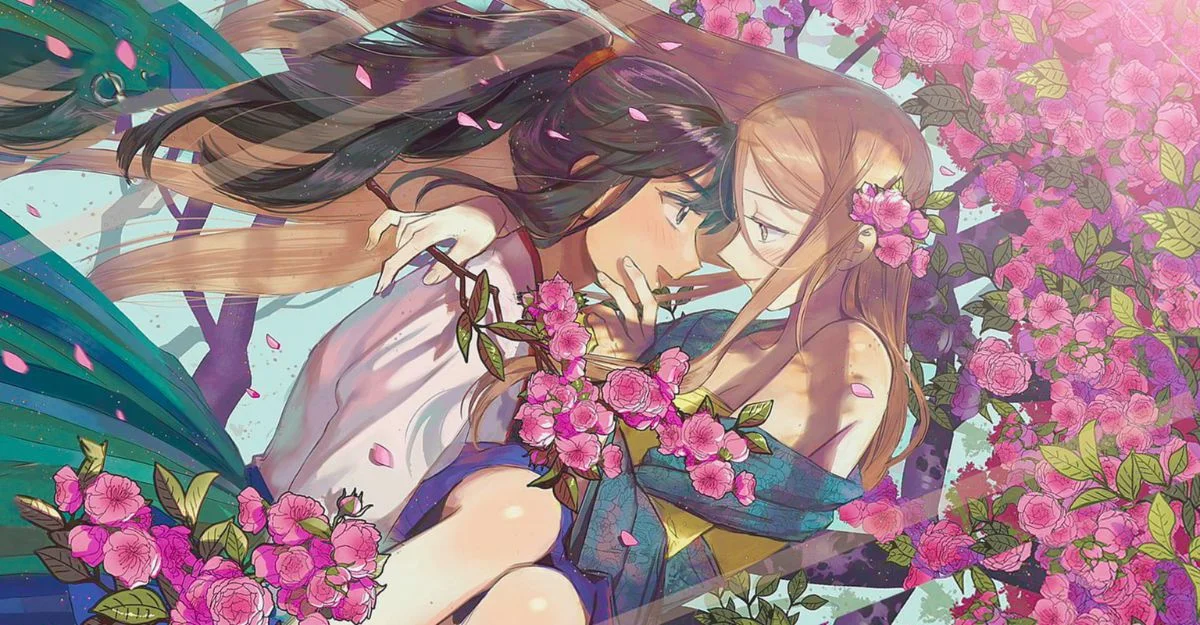Introduction to Manhwa Desu
Manhwa, the Korean term for comics, has a rich history and cultural significance that has contributed to its popularity and impact. As a form of visual storytelling, manhwa encompasses a wide range of genres and styles that appeal to diverse audiences both in Korea and internationally. Manhwa Desu evolution over time reflects the changing trends and influences in Korean society, making it a fascinating subject for study and exploration.
Definition and Origin
The expression manhwa is gotten from the Chinese characters 漫畵, which means unrehearsed sketch. This visual fine art has its foundations in the mid twentieth 100 years, acquiring motivation from conventional Korean workmanship and embracing Western comic book styles. The rise of Manhwa Desu as an unmistakable vehicle for imaginative and story articulation plays had a huge impact in molding the social personality of Korea and its inventive enterprises.
Distinguishing Features
One of the distinctive elements of manhwa lies in its exceptional combination of conventional Korean feel with current narrating methods. The utilization of lively varieties, dynamic board formats, and complex person plans separates manhwa from different types of comics. Also, its investigation of different subjects and types, from sentiment and show to dream and sci-fi, exhibits the adaptability and development that are signs of Korean comics.
Defining Features of Manhwa
Manhwa stands apart for its interesting narrating procedures and imaginative styles. While it imparts a few similitudes to Japanese manga and Chinese manhua, it has particular qualities that put it aside:
- Vertical Design: Current manhwa, particularly webtoons, are organized for vertical looking over, making them ideal for cell phones. This configuration improves intelligibility and takes special care of contemporary crowds.
- Beautiful Fine art: Dissimilar to conventional highly contrasting manga, most webtoons are completely hued, offering energetic visuals that improve the narrating experience.
- Social Subjects: Manhwa frequently consolidates components of Korean culture, including customary dress (hanbok), legends, and cultural standards, giving a rich social setting to perusers.
- Different Kinds: Manhwa traverses a great many sorts, from sentiment and dream to frightfulness and cut of-life, interesting to an expansive segment.
Popular Genres in Manhwa
The diversity of genres in Manhwa Desu has been a significant factor in its global appeal. Here are some of the most popular genres and notable examples:
Romance
Heartfelt manhwa frequently investigates topics of adoration, connections, and self-awareness. Works like “Genuine Excellence” by Yaongyi and “What’s up with Secretary Kim?” by Kim Youthful mi have gathered huge followings for their engaging characters and endearing plots.
Fantasy and Action
Dream and activity manhwa transport perusers to supernatural domains loaded up with wizardry, fights, and amazing experiences. Titles like “Pinnacle of God” by SIU and “The Lord of Secondary School” by Yongje Park have enthralled crowds with their complicated world-building and dynamic narrating.
Historical and Cultural
Verifiable manhwa frequently mixes fiction with genuine authentic occasions or periods. “The Researcher’s Resurrection” by Soo Yu-hyeon and “The Red Sleeve” exhibit Korea’s rich history and customs, offering perusers a brief look into the past.
Slice of Life and Comedy
Manhwa in this type centers around regular daily existence, humor, and appealing encounters. “Itaewon Class” by Jo Gwang-jin and “Navillera: Like a Butterfly” by HUN and Ji-min portray individual battles and wins with a hint of humor and heart.
Global Popularity and Influence
Manhwa’s rise to global prominence can be attributed to several factors:
- Computerized Stages: Stages like LINE Webtoon and Kakao Page have made manhwa available to worldwide crowds. These applications offer interpretations in various dialects, permitting perusers overall to appreciate Korean comics.
- Transformations: Numerous famous manhwa have been adjusted into Korean shows (K-dramatizations), anime, and, surprisingly, surprisingly realistic movies. For example, “Itaewon Class” turned into a hit K-show, while “Solo Evening out” is set to get an anime transformation.
- Social Delicate Power: The worldwide outcome of Korean diversion, including K-pop and K-dramatizations, has made ready for manhwa to earn respect as a component of the “Hallyu” or Korean Wave.
- Virtual Entertainment and Fan People group: Devotees of manhwa effectively share their number one titles and craftsmanship via web-based entertainment stages, making energetic networks that add to its developing prominence.
Challenges and the Future of Manhwa
Despite its success, the Manhwa Desu industry faces several challenges:
- Piracy: Unauthorized distribution of manhwa remains a significant issue, impacting creators’ revenues and the industry’s sustainability.
- Creator Well-being: The demanding schedules of manhwa artists can lead to burnout, prompting calls for better support and working conditions.
- Market Saturation: With the increasing number of manhwa titles, maintaining originality and quality has become a challenge.
Looking ahead, the future of manhwa appears bright. Innovations in digital technology, coupled with a growing global fanbase, promise to expand its reach. Collaborations with international creators and the exploration of new storytelling techniques are likely to shape the next era of Manhwa Desu.
Conclusion
Manhwa desu epitomizes the energy and interest encompassing Korean comics. From its modest starting points to its ongoing status as a worldwide social peculiarity, manhwa has developed into a strong mechanism of narrating that resounds with perusers across the world. Whether you honestly love heartfelt shows, legendary dreams, or provocative cut of-biographies, there’s a Manhwa Desu out there holding back to catch your creative mind. As the business proceeds to improve and develop, Manhwa Desu will without a doubt stay a foundation of Korean mainstream society and a cherished type of diversion for a long time into the future.

